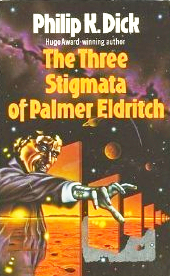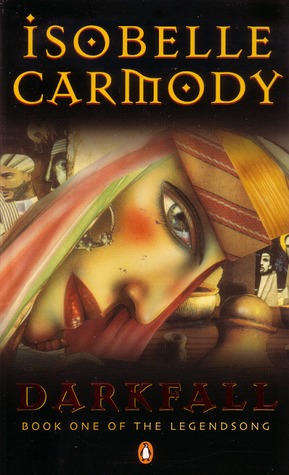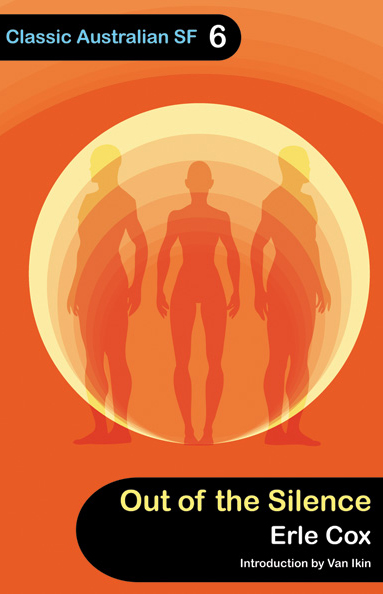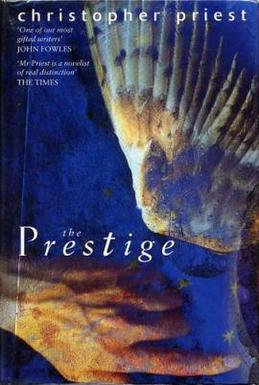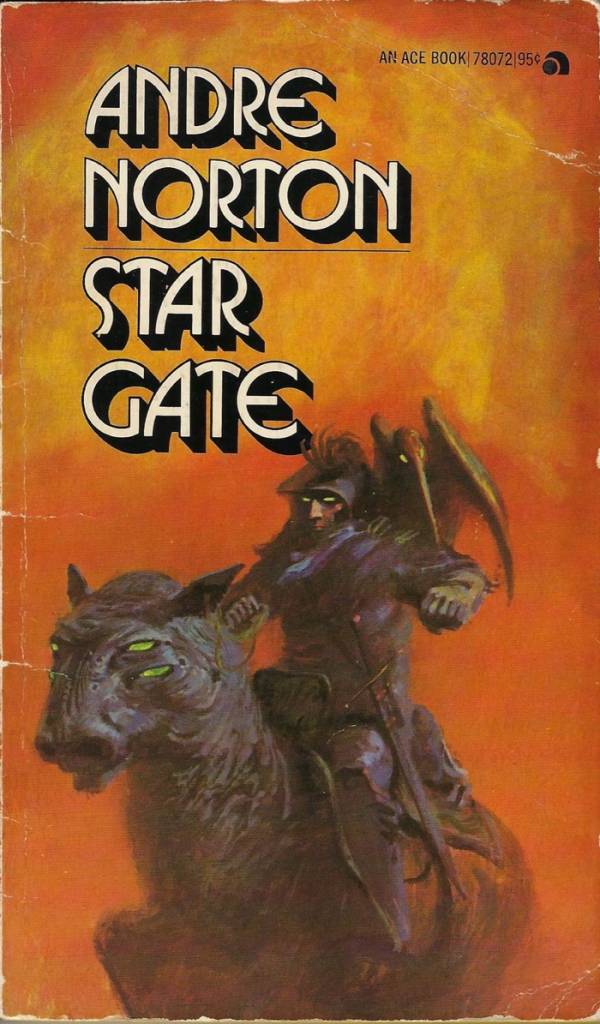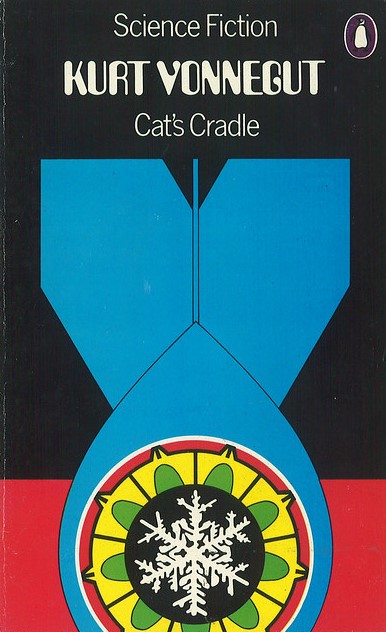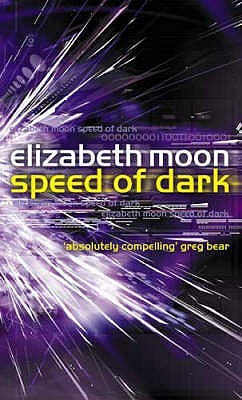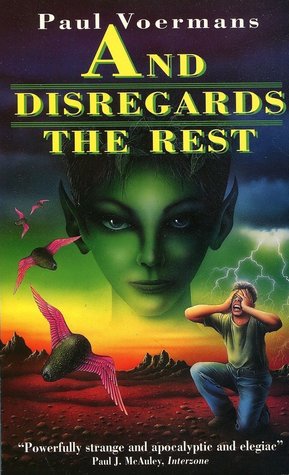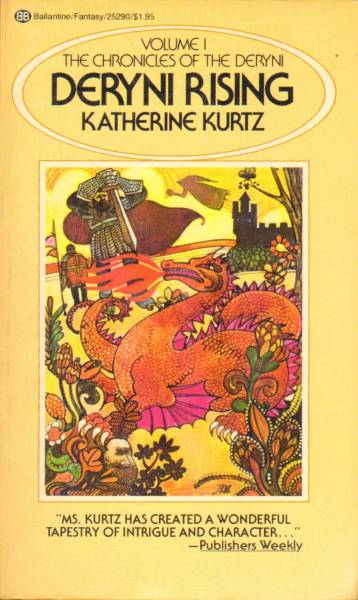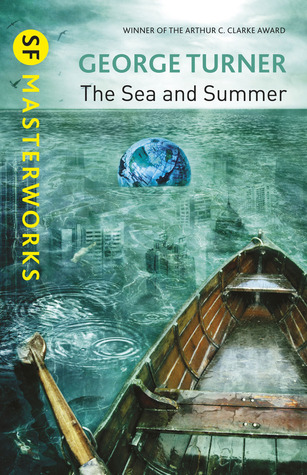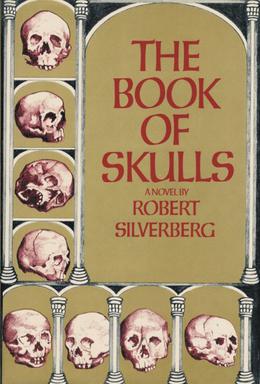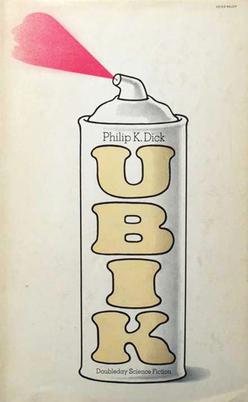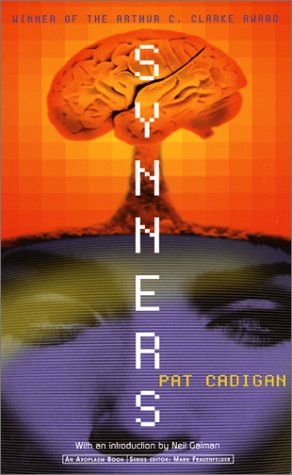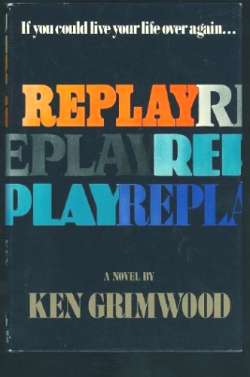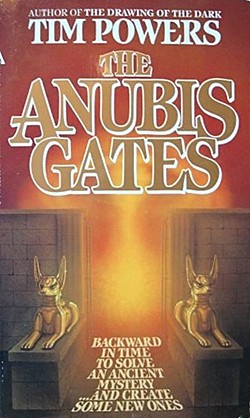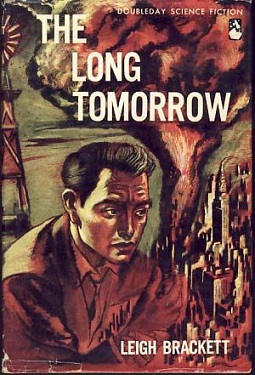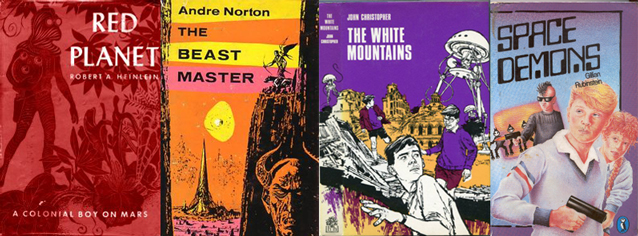[This is Dirk Strasser’s editorial from Aurealis #116, our November 2018 issue.]
How popular is fantasy & science fiction compared to other fiction genres? Is its popularity trending up or down? These are obvious questions for a magazine like Aurealis to ask. My hunch based on my experiences in the industry would have been it was in the top two (or maybe three) most popular genres—but then I could be biased in my thinking because I write speculative fiction, read more speculative fiction than any other genre, and co-edit a speculative fiction magazine. I’m in contact with like-minded people daily. It’s easy to over-emphasise how widespread something is under those circumstances. Hunches are all well and good, but I decided to hunt up some recent statistics.
It proved quite tricky to do.
A survey of US readers by Statista last year asked people which genres they read regularly. These were the results. As you can see, people could nominate more than one genre.
Crime & Thriller 59%
Adventure 47%
Classics 44%
Fantasy 43%
Historic 42%
Romance 42%
Science Fiction 42%
Literature 40%
Horror 26%
Erotica 12%
Other 8%
Don’t know 1%
I don’t have access to the methodology or raw data behind this, but what struck me was that the top genre ‘Crime & Thriller’ was the only ‘double-barrelled’ category in the survey. I suppose it’s a natural association to combine the crime genre with the thriller genre, even though not every crime novel is a thriller, and not every thriller is a crime novel. However, wouldn’t the combining of fantasy & science fiction into one category for the purposes of this survey have been at least as natural?
You’re reading a magazine that clearly made the decision almost 30 years ago that fantasy & science fiction belong together. Most of the bookstores I’ve been to over the years also pair the two. It’s been argued by some that fantasy & science fiction are both part of the continuum of speculative genre fiction. Others have maintained that genres should be defined by the primary emotion they intend to evoke, and that both fantasy & science fiction are part of what should be called the Wonder Genre. There’s even a line of argument that science fiction is actually a subset of fantasy. Whatever, the case, the two are clearly closely linked.
So what would the result have been if they had been classed as the one ‘Fantasy & Science Fiction’ category within the survey. Clearly, since the respondents were allowed to give more than one answer, you can’t simply add the two percentages together, but there’s no doubt combining the two results would have changed the results considerably, most likely putting ‘Fantasy & Science Fiction’ at number two, possibly even number one. It all comes down to how many people in the survey said they read science fiction regularly but not fantasy and vice versa.
A 2017 survey by the Australia Council for the Arts and Macquarie University gives us some insight into the relative popularity of a combined ‘Fantasy & Science Fiction’ category. In this survey, people were asked to nominate their number one favourite adult fiction genre (that is, they couldn’t list more than one, so we can’t compare it directly to the Statista survey).
Their results were as follows:
Crime/Mystery/Thrillers 32%
Science Fiction & Fantasy 22%
Contemporary/General Fiction 14%
Romance 7%
Historical 6%
Classics 6%
Literary 3%
Graphic Novels, Manga & Comics 3%
Horror 2%
Erotica 2%
This one has a triple-barrelled category as the most popular. Interestingly, it focused solely on adult fiction titles, so it deliberately excluded Young Adult/New Adult titles which are often also read by adults and which have a high proportion of fantasy & science fiction titles.
It’s usually worth digging past the headlines of a statistical-based announcement. Statistics are incredible useful and a crucial part of modern life, but they can be misleading if they are naively interpreted. For example, industry statistics and publishing professionals have been reporting for years that since 2010 print sales for fantasy & science fiction have halved.
This belief was debunked at the 2018 SFWA Nebula Conference in a presentation based on data collected by www.authorearnings.com. It provided evidence that when ebooks and audio books are taken into account, traditional publishers are currently selling more adult fantasy & science fiction than ever before. Furthermore, in 2017, 48% of fantasy & science fiction bought in the US were non-traditionally published books. So in reality, instead of fantasy & science fiction numbers halving since 2010, as is often claimed, they have in fact doubled.
Just to add some local evidence that there’s a boom in fantasy & science fiction, thanks to all of our readers, in 2018 Aurealis has its most successful year since going digital.
See you all in 2019!
All the best from the cloud.
Dirk Strasser
www.dirkstrasser.com

